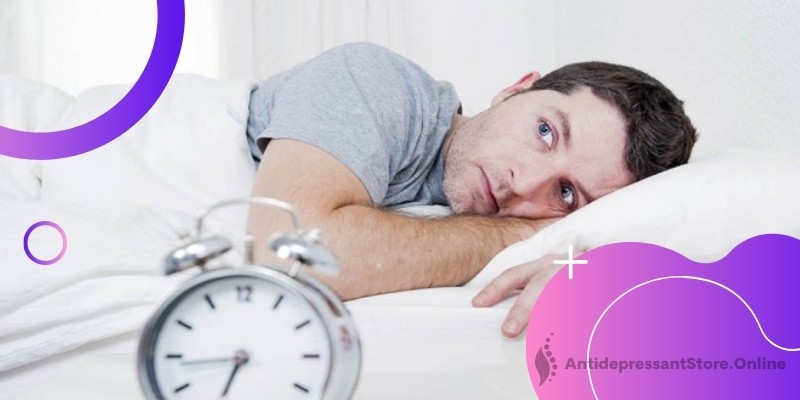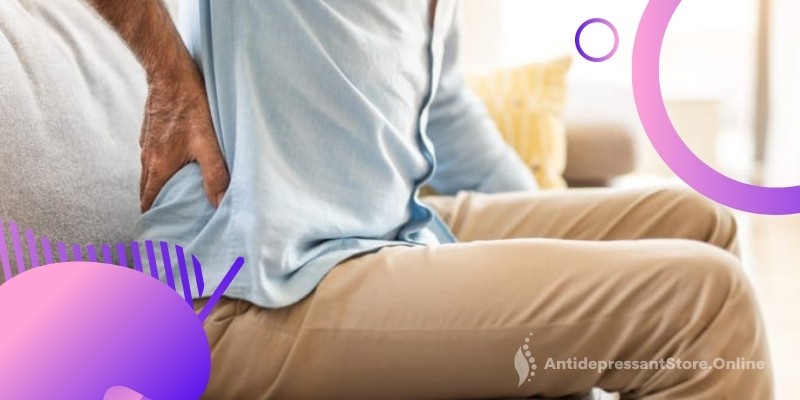Everyone knows that depression affects us both emotionally and mentally. But it also has certain physical effects and really affects the body.
The combination of depressive symptoms should be alarming, you have to do something about them. If you do not pay attention to your physical well-being, it is a big mistake.
Let’s consider the types of physical impact on a person with depression.
Appetite and weight changes
One of the physical symptoms to look out for in depression is change in appetite or weight.
Appetite is linked to mental health, and the link is very strong. There are people who eat a lot to calm down or suppress their emotions. Others have an aversion to food, which leads to weight loss.
It so happens that the pleasure of eating food disappears. The food doesn’t taste good. If a person previously loved to cook, cooking can become a chore or seem like an unpleasant job.
Loss of energy
Depression is often associated with changes in the amount of neurotransmitters in the brain, which themselves are directly related to mood and energy levels. In addition, if you suffer from insomnia, you will feel the effects of sleep disturbances throughout the day.
This can lead to people feeling unable to carry out their normal tasks. The emotional burden begins to be felt physically. Difficulty working, doing household chores, going to the store, etc.
Pain
Chronic joint and muscle pain can be associated with depression.
Pain often causes trouble sleeping, which leads to tiredness and irritability in the morning and throughout the day. People with back pain move slowly and carefully. They have physical difficulties and spend most of their time at home.
Social isolation and suffering exacerbate the course of depression.
Change in sex drive
A depressed person may not enjoy making love with their partner. He may lose motivation and desire to have sex, as well as emotional security around their partner.
Antidepressants themselves, which may be vital at some point in the treatment of depression, also cause sexual problems quite often. This is not the most common side effect and is usually temporary.
Gastrointestinal problems
People with depression may have gastrointestinal problems (heartburn, diarrhea, bloating, or constipation). The reason for these effects is the significant effect of serotonin on the gut, which plays an important role in regulating mood.
In fact, most of the serotonin in the body is produced and stored in the intestines.
Bottom line
Our emotional and physical symptoms can be closely related. Recognizing these symptoms will help diagnose depression correctly.
A correct diagnosis will increase the chances of symptom relief and a quick recovery.


